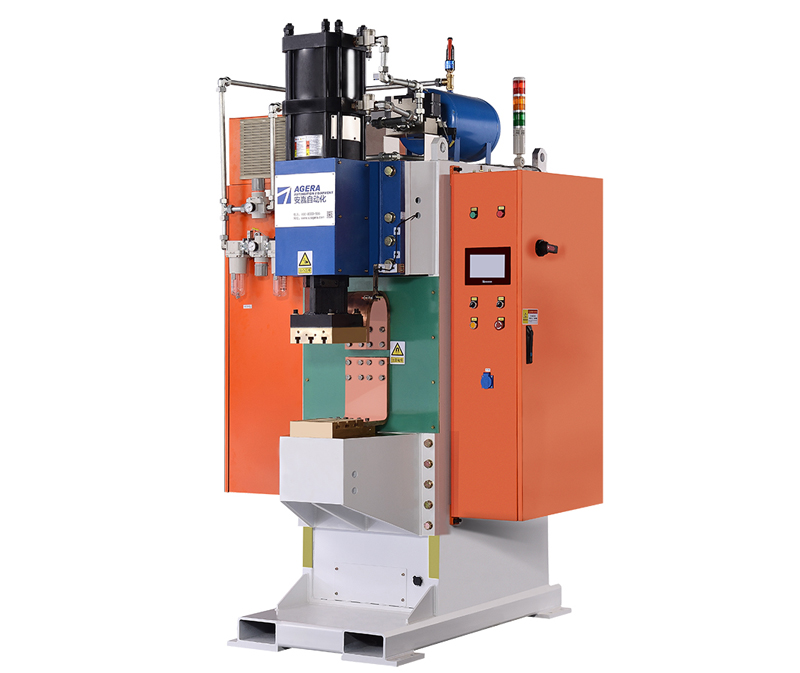Introduction to Capacitors in Spot Welding Machines
Spot welding machines are essential tools in various industries, used to join metals together efficiently and securely. These machines employ a high level of electrical energy to create quick and precise welds. One crucial component that plays a significant role in this process is the capacitor.
Capacitors are electronic components designed to store and discharge electrical energy rapidly. In spot welding machines, capacitors serve as the primary source of power for creating the intense heat required for welding. Here, we will delve into the key aspects of capacitors and their crucial role in spot welding machines.
1. Capacitor Basics:
A capacitor is a passive electronic component that consists of two conductive plates separated by an insulating material called a dielectric. When voltage is applied across the plates, it charges the capacitor, storing electrical energy. This stored energy can be discharged instantaneously when needed, making capacitors indispensable in applications requiring bursts of power, like spot welding.
2. Energy Storage:
In a spot welding machine, capacitors are charged with electrical energy from a power source. This energy is stored until the welding operation begins. When the welding process is initiated, the stored energy is released in a controlled manner. This sudden release of energy generates an intense electrical discharge, which heats the metal surfaces to their melting point, allowing them to be welded together.
3. Advantages of Capacitors:
Capacitors offer several advantages in spot welding machines, including:
a. Instantaneous Power: Capacitors can discharge energy rapidly, providing the high currents needed for efficient spot welding.
b. Precision: Capacitors allow for precise control over the welding process, resulting in accurate and consistent welds.
c. Reliability: Capacitors are robust and dependable, ensuring consistent performance in demanding industrial environments.
d. Energy Efficiency: Capacitors minimize energy waste by delivering power only when needed, reducing operational costs.
4. Capacitor Sizing:
The size and capacitance of capacitors used in spot welding machines depend on the specific welding requirements. Larger capacitors can store more energy and are suitable for heavy-duty applications, while smaller capacitors are employed for lighter tasks. The right choice ensures optimal welding performance.
In conclusion, capacitors are a fundamental component of spot welding machines, playing a vital role in generating the energy required for efficient and precise welding. Their ability to store and discharge electrical energy rapidly makes them indispensable in this critical industrial application, where the quality and consistency of welds are paramount. Understanding the role of capacitors in spot welding machines is essential for anyone involved in the welding industry.
